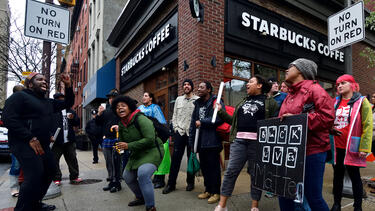Diversity and Inclusion
For Women, Female Peer Groups Are Crucial for Career Advancement
When women have more female peers in their MBA programs, they are more likely to reach senior management roles, according to a new study co-authored by Yale SOM’s Menaka Hampole.

Black and Latinx Conservatives ‘Upshift’ Competence to White Audiences
A new study by Yale SOM’s Cydney Dupree finds that when politically conservative Black and Latinx Americans speak in mostly White settings, they are more likely than their liberal counterparts to adopt language associated with power, status, and ability.
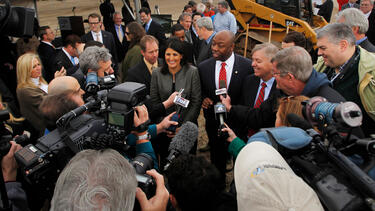
The Fight for Healthcare Equity after COVID-19
Dr. Cecelia Calhoun ’21, a Yale physician with a focus on sickle cell disease, and Yale SOM’s Dr. Howard Forman discuss the gargantuan but critical challenge of addressing the impact of systemic racism on the health of Black Americans.
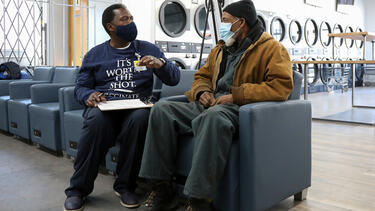
How George Floyd’s Murder Galvanized Corporate America
A year after the killing sparked a wave of protest, Yale SOM leadership expert Jeffrey Sonnenfeld sees signs of a lasting change in corporate attitudes about racial justice.
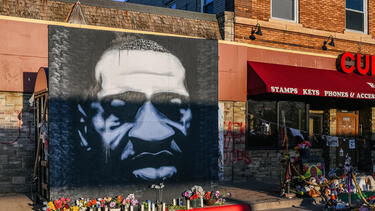
Bringing Private-Sector Values to the Public Sector—and Vice Versa
Professor Teresa Chahine talks with Roderick Bremby, who led a dramatic turnaround of Connecticut's Supplemental Nutrition Assistance Program. Today, he is an executive at Salesforce, which has provided contact tracing and vaccine management during the COVID-19 pandemic.
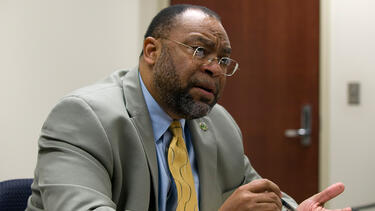
Video: Police-Citizen Trust Is a Path out of the Crisis
The murder of George Floyd and other high-profile incidents of police violence are part of a larger crisis of trust between U.S. police forces and the communities they protect. Yale SOM’s Rodrigo Canales says that the solution is for police organizations to think of their mission not simply as reducing crime but as building trust with citizens.

How American Mythologies Fuel Anti-Asian Violence
The wave of attacks against Asian American and Pacific Islander communities over the last year fits into a long history of violence driven by rhetoric portraying Asians as disease ridden, writes Prof. Michael Kraus.
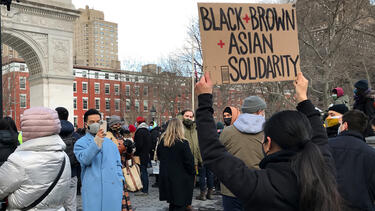
Weakening Unions Can Lead to Gender Gap in Wages
In 2011, legislation in Wisconsin reduced the power of unions to negotiate teachers’ salaries. Within five years, male teachers started earning more than women did.
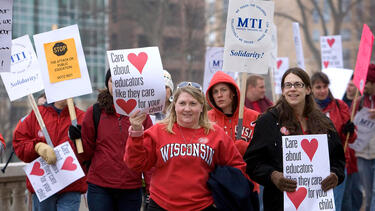
Building Blocks for Change
We talked to Judith Scimone ’00, chief talent officer at MetLife, about her path into workforce management and what she has learned in a year shaped by the COVID-19 pandemic and the Black Lives Matter movement.

Study Finds Hospital Desegregation Didn’t Improve Mortality Rate for Black Infants
Efforts in the late 1960s to desegregate hospitals in the American South did not significantly contribute to improvements in the Black infant mortality rate, finds a new study co-authored by Dean Kerwin Charles.

Getting Corporate Diversity Programs Wrong
Yale SOM leadership expert Jeffrey Sonnenfeld, who studied a previous wave of diversity initiatives, describes how such well-intentioned initiatives can go awry—and how to get them back on track.
